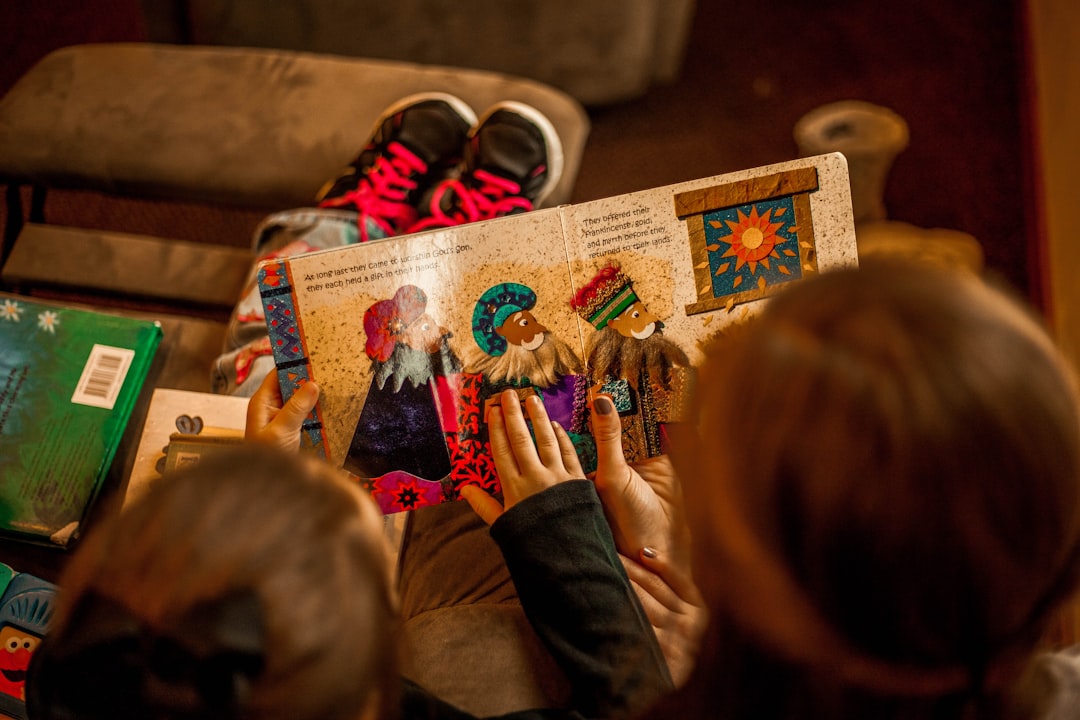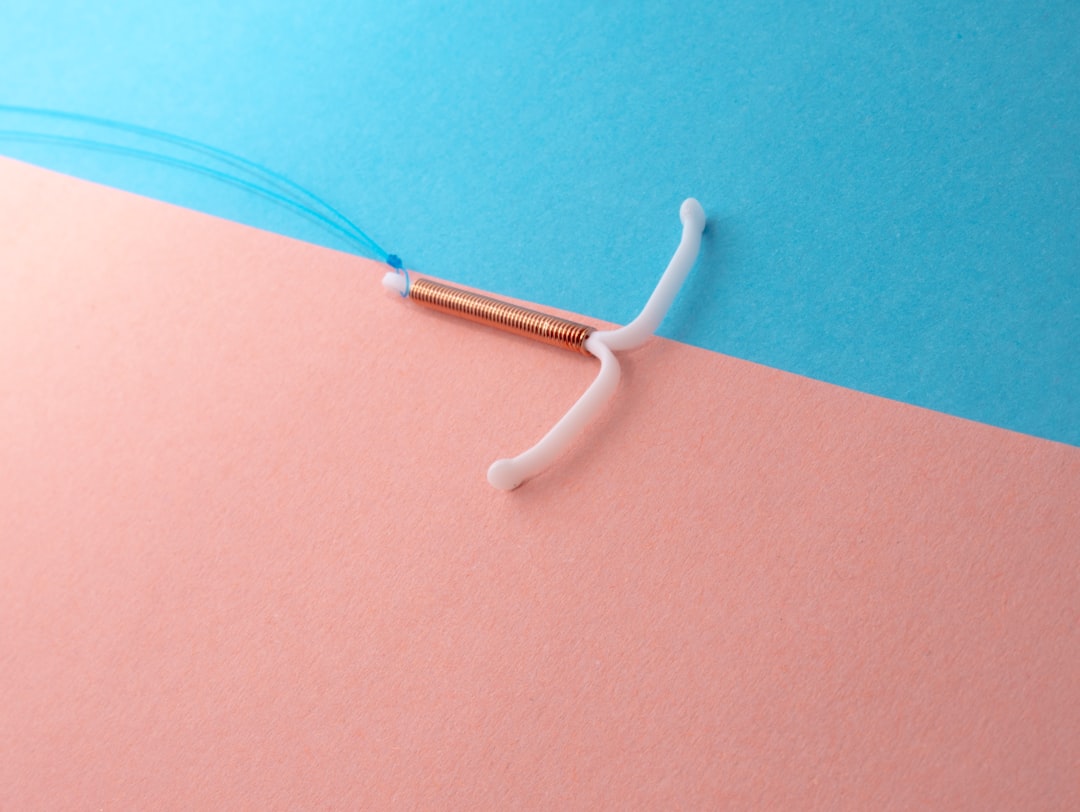What is it about?
Women move from the social position of woman to mother during the process of childbirth. This intense social and physical experience increases her sensitivity to social messages about her position in the birthing relationship and so in society. Analysis of childbirth literature shows how women try to control their behaviour and environment during birth to protect themselves from judgement of inadequacy and the shame of exposure that originates from historical controls of women's behaviour. This activity is not always conscious and can impact a woman's interpretation of how she experienced the birth. This impact can be positive or negative and is lasting.
Featured Image

Photo by Stéphane Mingot on Unsplash
Why is it important?
A lot of work has been done exploring what women want in their birth experience. However, this work shows the unique vulnerability of birth to be the missing link between women's expectations for birth and their often mismatched experience. Understanding this link, and how it can be used to support a positive birth experience, can help women and birth workers facilitate a quality experience and potentially reduce the growing reports of birth's negative impact on identity, self esteem and confidence.
Perspectives
Talking about women's vulnerability that is unique to childbirth is essential if quality in maternity services is ever going to improve. Talking about how the care of women in that vulnerable state and its lasting impact on the socio psychological health of the woman and her family is the first step to women owning that vulnerability and using it positively in their birth experience
Jennifer MacLellan
University of Oxford
Read the Original
This page is a summary of: Vulnerability in Birth; A negative capability, Journal of Clinical Nursing, February 2020, Wiley,
DOI: 10.1111/jocn.15205.
You can read the full text:
Contributors
The following have contributed to this page










